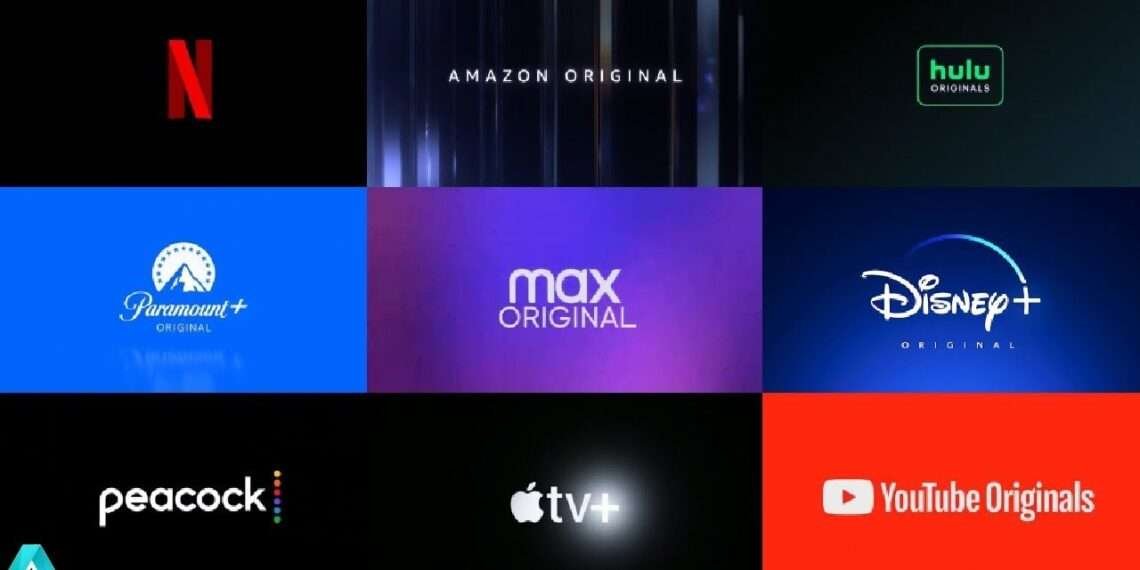In recent years, the prevalence of X-rated scenes in movies has become increasingly common. From graphic nudity to explicit sexual content, filmmakers seem to be pushing the boundaries of what is considered acceptable in mainstream cinema.
While some argue that these scenes are necessary to convey a certain message or evoke a specific emotion, others believe that they are unnecessary.
One of the main reasons behind the increase in X-rated scenes in movies is the changing attitudes towards sex and nudity in society. With the rise of platforms like Netflix and Hulu, viewers have become more used to seeing explicit content on their screens. This has led filmmakers to include more X-rated scenes in their movies to attract a wider audience and compete with the content available on these streaming platforms.
Another factor contributing to the frequency of X-rated scenes in movies is the desire to shock and excite audiences.
In a busy marketplace, filmmakers are constantly looking for ways to stand out and get people talking about their films. Including graphic sex scenes is a surefire way to generate buzz and attract attention, even if it means risking a higher age rating or alienating certain viewers.
However, the inclusion of X-rated scenes in movies has sparked controversy and debate among audiences and critics alike. Some argue that these scenes are immoral and embody actors, particularly women, while others believe that they are a legal form of artistic expression.
In the end, the decision to include X-rated content in a film should be made carefully and thoughtfully, taking into consideration the context and impact of these scenes on the overall story and also the youths of today.
The exposure to these X-rated content to the youth makes them go into physical relationships with risky sexual behaviors.
Whereas other actors are okay with the explicit scenes in movies, it can be recalled that Kumawood Ghanaian actress, Vivian Jill blamed marketers for their ugly development in the movie industry, as well as Van Vicker, who is a Ghallywood Ghanaian actor, lamented over the rate at which porn-movies were gaining recognition in Ghana.
The prevalence of X-rated scenes in movies is a reflection of the changing attitudes toward sex and nudity in society.
As filmmakers continue to push the boundaries of what is considered acceptable in mainstream cinema, it is important for audiences to critically assess the impact of these scenes on the overall viewing experience.
Agya Koo Decries Uncontrolled Insults And Explicit Scenes In Movies

Movie legend Agya Koo, born Alexander Kofi Adu, has decried uncontrolled insults and sex scenes in movies.
Agya Koo asked about the prevalence of insults in local movies, especially films from Kumawood, stating that it’s not good.
He recalled a time the Asante King confided in him that he watches the movies but was quite worried about the frequency of nakedness portrayed especially since children were also part of the usual audience.
The comic star noted, that apart from Otumfuo Osei Tutu II, Kumawood had fans including former President John Agyekum Kuffuor and even judges.
Kumawood is a revolutionary film movement, headquartered in the legendary Garden City, Kumasi, at the heart of the Asante Kingdom.
Agya Koo noted the “bitter hatred” he suffered once he spoke to producers and directors of films to mind the language and scenes in their films.
He also highlighted his demonstration against pornography in Ghana.
He praised the popular Indian telenovelas for how they manage adult scenes.
“When a pair are about to kiss, they cut to another scene. Just when they are about to make love, they cut to another scene. Everybody watching knows what they mean when they do that. It is needless to have the actor take off all their clothes, and what does that teach the child watching? I protested against such scenes. Some agreed with me, and others opposed me,” he bemoaned.
Agya Koo, determined, assured that his passion for filmmaking that brings “worldwide glory” to Ghana is intact, acknowledging the efforts of like minds also.
He further called for “oneness as one country” among players in the vernacular-speaking and English-speaking worlds of filmmaking in Ghana, arguing that Ghana’s advancement, and the “benefit of posterity” is supreme.




















